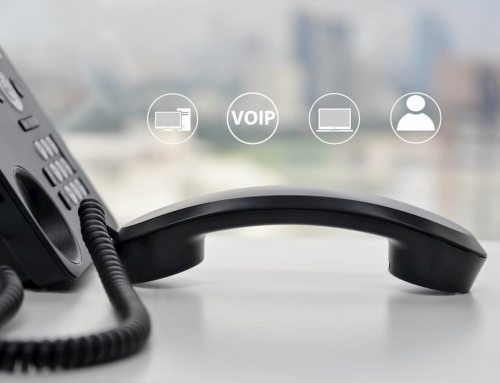Do your B2B operations use non-fixed VoIP numbers? If you’re familiar with the technology, it’s pretty easy to understand the benefits of doing so in certain circumstances. However, it’s still a term that many folks aren’t familiar with. Or, perhaps you want to learn the key differences between fixed and non-fixed numbers. Today, we’ll tell you everything you need to know, including what might be a worthwhile consideration for your business.
Fixed Versus Non-Fixed
First off, let’s explore the definitions of the different types of VoIP numbers. Fixed numbers are always associated with a physical address, borrowing a networking setup similar to traditional office-based phone systems that require an address to deliver service. The great thing about fixed VoIP numbers is that they’re often overlooked by spammers and fraudsters since they’re linked to an account owner’s street address.
Non-fixed VoIP numbers don’t rely on a single physical address – any location will do. That means you have the luxury of setting up a stable, resilient network in areas where you don’t live or work – perfect for managing satellite offices. That way, calling workers from another country won’t incur charges for long-distance calling.
Pros and Cons
While fixed and non-fixed numbers each have their uses, it’s important to be realistic when comparing them. Fixed numbers are best suited for B2B operations as they are less susceptible to spam and fraud. Plus, they usually come complete with more advanced calling and routing features as well as more resilient networking. Plus, emergency dialing is always streamlined as you actually have an address paired to the account in question.
Non-fixed VoIP numbers are easily obtainable – often online through services such as Skype that only ask for you to register via email. They’re an ideal choice if your company happens to handle a whole lot of international calls as well.
What’s Different with Cloud-Based Voice?
Think of cloud-based wholesale B2B telephony as a merge of the two types of VoIP numbers. For example, with DirectNet, your company benefits from a low-latency, fast, high-performing platform along with 24x7x365 NOC support. In fact, our VoIP 2.0 platform is built from the ground up for full redundancy, carrier-grade architecture, and constant support for streamlined updates and innovations. As for security, take advantage of custom and incredibly strong firewall protection, improved network resilience through failover and diverse transit routing, and a complete anti-fraud and anti-hacking suite.
Have questions about our carrier-class cloud-based VoIP? Reach out to us today. We’re happy to help acquaint you with the new standard in telephony services.







Leave A Comment